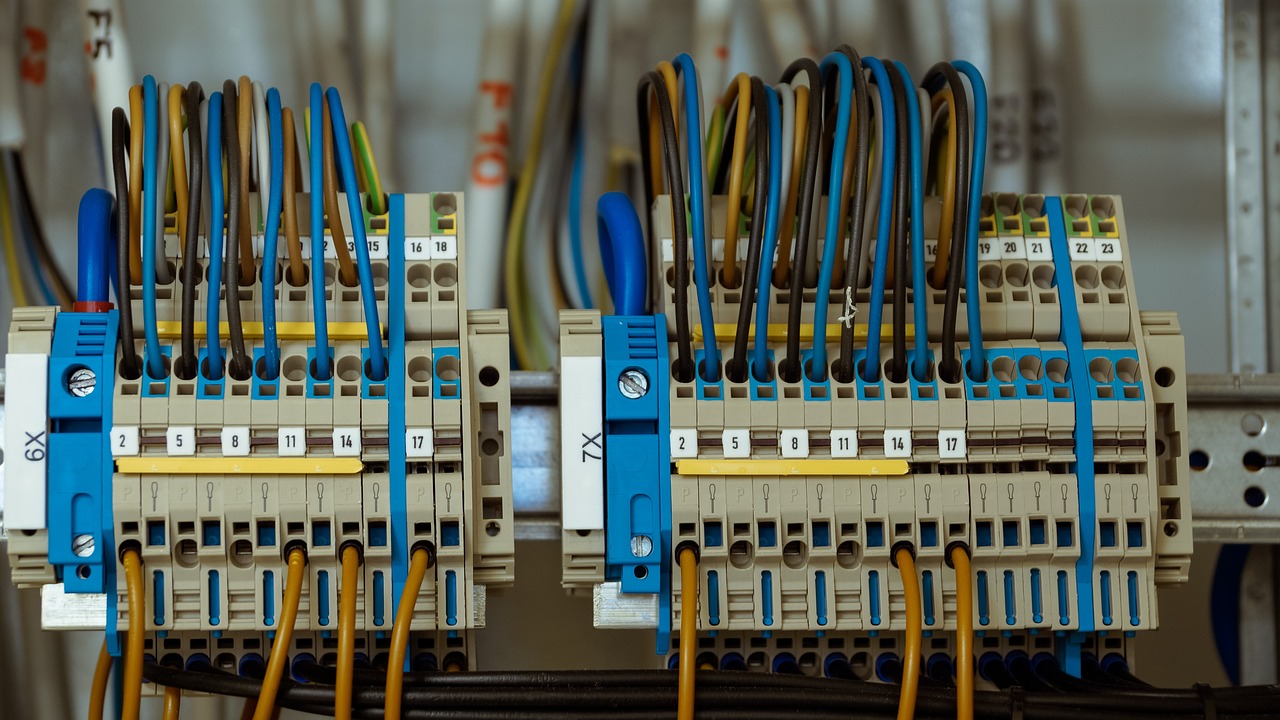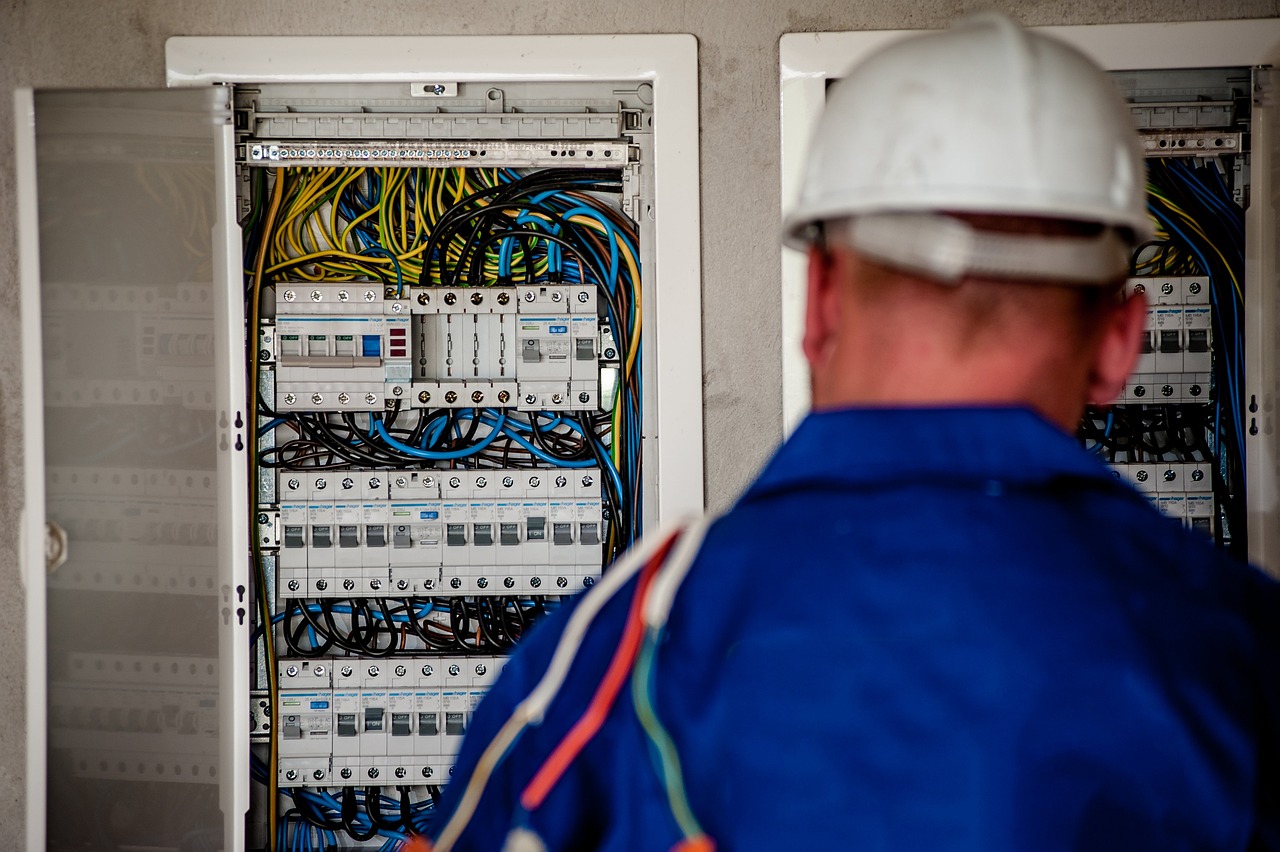When it comes to rewiring projects, there are several important factors to consider, including local codes and regulations, obtaining permits and approvals, and ensuring safety protocols are in place.
As an electric contractor, it is crucial to work closely with local authorities to ensure compliance with all relevant laws and regulations.
In order to successfully coordinate with local authorities, it is important to have a clear understanding of the specific codes and regulations that apply to your project. This may involve conducting research and engaging in open communication with local officials to ensure you are fully informed of all requirements.
Additionally, obtaining the necessary permits and approvals is a critical step in the process, and failure to do so can result in costly fines and delays.
By working closely with local authorities and prioritizing safety protocols, you can ensure a successful and compliant rewiring project.
Understanding Local Codes and Regulations
You’ll need to know the local codes and regulations to ensure that your rewiring project is up to standard and safe for everyone involved. Code enforcement and building inspections are two key factors to consider when coordinating with local authorities.
Electric contractors must be knowledgeable about the codes and regulations in their area to ensure that their work meets all requirements. Code enforcement ensures that electrical work is done according to the rules and regulations set forth by local authorities. This means that all wiring must be done safely and securely, and that all electrical components must be installed properly.
Building inspections are also important, as they ensure that your rewiring project meets all local building codes. By working closely with local authorities, electric contractors can ensure that they are staying within the limits of the law and that their work is up to standard.
Obtaining Permits and Approvals
Obtaining permits and approvals can be a complex and time-consuming process, but it’s crucial for ensuring the safety and legality of any electrical renovation.
As an electric contractor, you need to coordinate with local authorities to obtain the necessary permits and approvals before starting any rewiring project. This involves submitting detailed plans and specifications of the project, including the type of wiring, materials, and equipment to be used.
One of the key considerations when obtaining permits and approvals is the cost implications and timeline management. Different local authorities have different application fees, and the processing time can vary depending on the complexity of the project.
As an electric contractor, it’s important to factor in these costs and timelines when preparing the project budget and schedule. By working closely with the local authorities, you can ensure that all the necessary permits and approvals are obtained in a timely and cost-effective manner, enabling you to complete the project on time and within budget.
Importance of Safety Protocols
Ensuring safety protocols are followed is crucial for any electrical renovation, as it helps prevent accidents and ensures compliance with safety regulations. This is why electric contractors coordinate with local authorities to ensure that they’re following proper safety protocols in their rewiring projects.
One of the important safety protocols that electricians must observe is undergoing proper training requirements. This is important because it equips electricians with the necessary skills and knowledge to handle electrical work safely and effectively. Without proper training, electricians may be unaware of the risks involved in electrical work, which can lead to accidents and injuries.
Another important safety protocol that electric contractors must follow is hazard assessment. Before starting any rewiring project, electricians must assess the site for potential hazards and take necessary precautions to mitigate them. This includes identifying potential electrical hazards such as exposed wires, damaged insulation, and overloaded circuits.
Once hazards are identified, electricians must implement safety measures such as wearing personal protective equipment (PPE) and grounding electrical equipment to prevent electric shock. By following these safety protocols, electric contractors can ensure that their rewiring projects are completed safely and in compliance with safety regulations.
Collaboration with Local Authorities
Collaborating with relevant agencies and organizations is an essential aspect of any electrical renovation, as it ensures that the project is in compliance with safety regulations and local laws. Electric contractors must establish communication protocols with local authorities to ensure a smooth and efficient rewiring process.
This involves regular updates on the progress of the project, obtaining permits and approvals, and adhering to safety regulations. Resource allocation is another important factor in collaborating with local authorities during rewiring projects. Electric contractors must allocate resources such as equipment and personnel to ensure the project is completed within the specified timeframe.
Collaborating with local authorities also ensures that the project is carried out in a way that is least disruptive to the community, as well as minimizing costs and maximizing resources. Effective collaboration with local authorities is crucial in ensuring that electrical renovation projects are completed safely and efficiently, with minimal disruptions to the community.

Ensuring Compliance with Laws and Regulations
You need to be aware of laws and regulations related to electrical renovations to ensure your project is compliant and safe. The first step is to research and understand the specific regulations in your area. This includes any building codes, electrical codes, and permits required to complete the project.
It’s important to make sure that all electricians and contractors involved in the project meet the necessary training requirements. This ensures that everyone working on the project is knowledgeable and experienced enough to work safely and effectively.
Finally, make sure that your liability insurance policy is up to date and covers any potential accidents or damages that may occur during the project. By taking these steps, you can ensure that your rewiring project is completed safely and in compliance with all relevant laws and regulations.
Frequently Asked Questions
What are the common challenges faced by electric contractors while coordinating with local authorities during rewiring projects?
When coordinating with local authorities for rewiring projects, electric contractors commonly face challenges such as cost implications and communication strategies. It’s important to have open communication and clear understandings to ensure a successful project.
How does the process of obtaining permits and approvals vary across different states and localities?
When obtaining permits and approvals for rewiring projects, regulatory variations are common across different states and localities. Permit acquisition processes can differ greatly, so it’s important to research and understand the specific requirements in your area.
What are the consequences of non-compliance with local codes, regulations, and safety protocols?
If you fail to comply with local codes, regulations, and safety protocols, you risk legal implications and safety hazards. It’s important to follow all guidelines to ensure the safety of workers and the public.
How do electric contractors ensure that the rewiring project is completed within the stipulated timeline?
To ensure your rewiring project is completed on time, effective project management and communication strategies are crucial. Stay organized, communicate regularly with your team and clients, and monitor progress to stay on track and meet deadlines.
Can electric contractors rely on their previous experience to navigate the local regulations or should they consult with legal experts?
When considering local regulations for rewiring projects, relying solely on previous experience may not be enough. Consulting with legal experts can help navigate local knowledge and national standards for a successful project outcome.
Conclusion
Congratulations, you’ve successfully learned how electric contractors coordinate with local authorities in rewiring projects! Understanding local codes and regulations is crucial. Without proper knowledge, you risk facing legal consequences and compromising safety.
Obtaining permits and approvals is also crucial. As an electric contractor, it’s your responsibility to ensure that all necessary permits and approvals are obtained before beginning any work.
In addition, it’s important to prioritize safety protocols and collaborate with local authorities to ensure compliance with all laws and regulations.
By following these guidelines, you can successfully complete any rewiring project while ensuring the safety and well-being of all involved.



